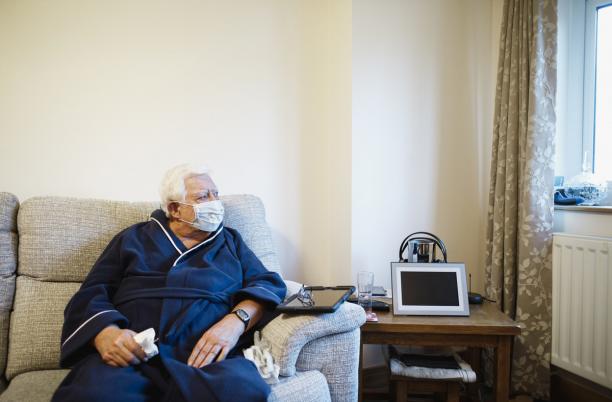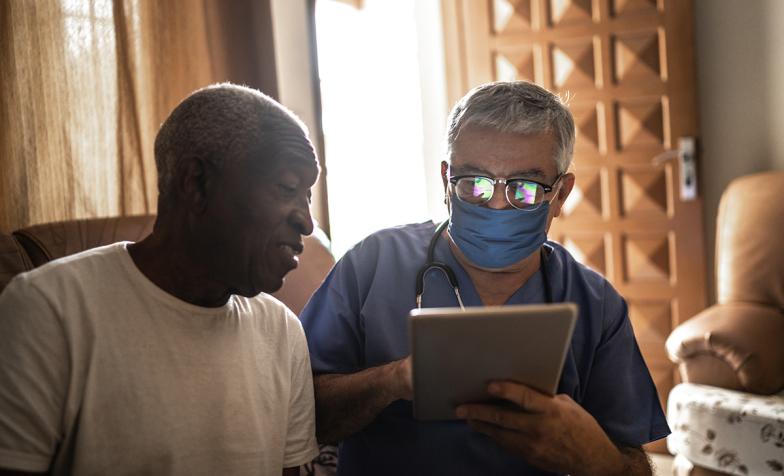
Concerns about dying alone

Not everyone has family members or friends who can be present towards the end of their life. If you are worried about dying alone, whether it’s because you are frightened of being by yourself or concerned about practical things like taking care of a pet after you die, there is support available for you.
Title
What's on this page
Emotional support when you're alone
End of life doulas
End of life doulas can provide emotional, spiritual and practical support to people living with a terminal illness. Their role is not medical; instead they can provide companionship, help you understand what to expect, and can take care of certain day-to-day tasks like shopping and walking the dog.
They can be involved from the moment a person is diagnosed with a terminal illness, through to the final weeks and beyond to funeral planning. This article has more information about what an end of life doula does: The role of an end of life doula
While some end of life doulas are volunteers, others are self employed and therefore their service isn’t free. You can find out more about end of life doulas from these organisations:
Befriending services
Befriending services can provide contact face-to-face, over the phone, or in some cases online. A befriender can visit you at home for a chat, take part in activities with you like walking or going to the cinema, or just talk to you over the phone. Having regular contact with a befriender can be useful if you live alone because if they are unable to reach you this will raise an alert.
Many befriending services are locally run and operated by charities. Free befriending services include:
- The telephone friendship service offered by Age UK and The Silver Line
- Marie Curie’s Helper Service
- The Compassionate Neighbours scheme
- The Anne Robson Trust has a free telephone helpline, as well as volunteers trained to be with patients in hospital with a terminal illness and are alone
Many hospices also have their own services or telephone helplines for people who may feel isolated or lonely. Check to see if your local hospice offers this.
Getting practical help
- Social workers. Many hospices have social workers who can help arrange things like benefits, home help, and give advice on practical issues like money and legal matters.
- Help with pets. There are several organisations that can help with looking after pets. Some also let you register your pets in advance, so they can be rehomed after you die. There is a very comprehensive list of organisations that can help with this on Marie Curie’s website
- Local groups. There may be local voluntary groups, mutual aid groups or neighbourhood schemes that can help with transport, shopping and other practical issues, such as the Good Neighbours Network. Ask your doctor or nurse about support groups in your area or look for information online.

